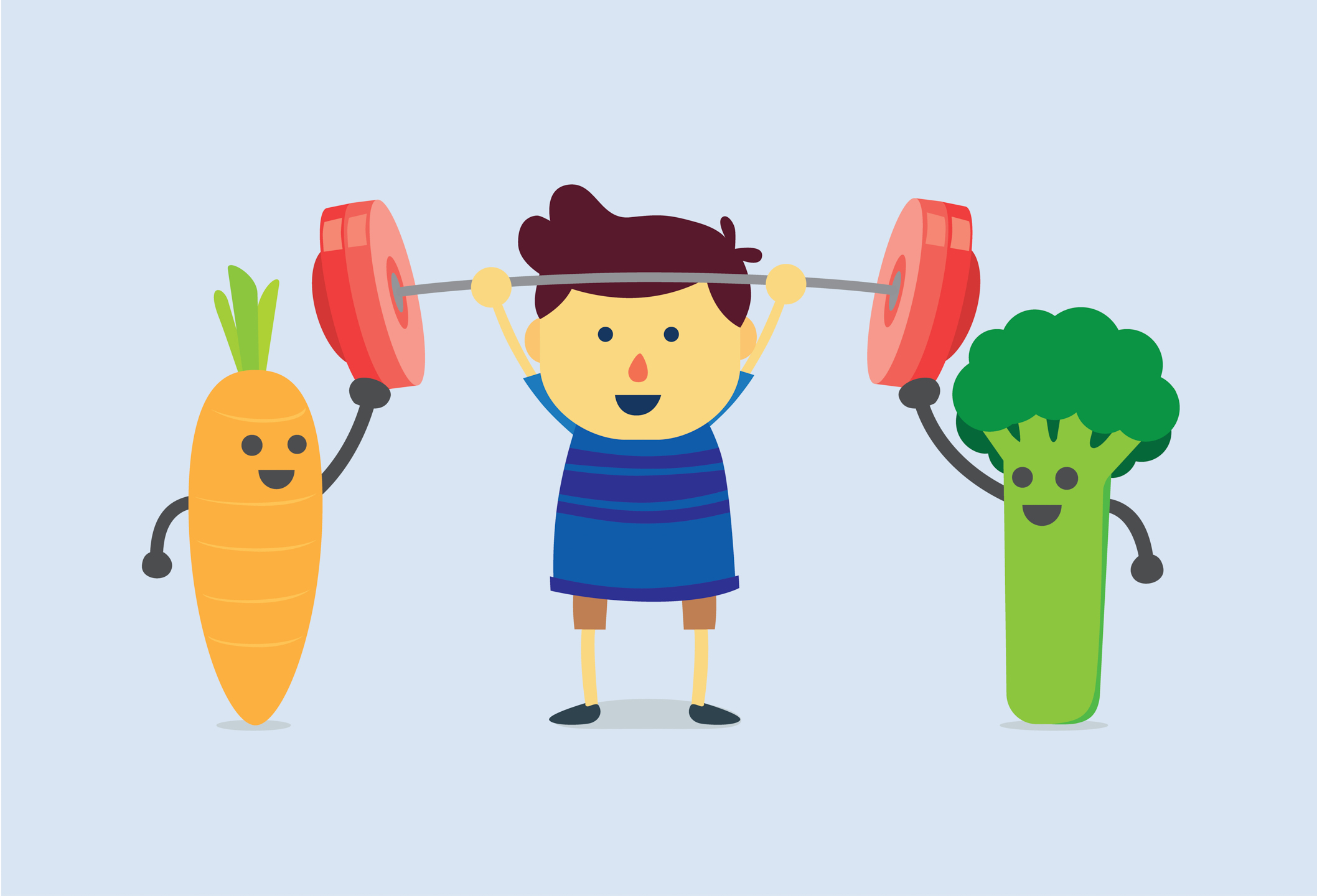Understanding Healthy Weight: How Much Should an 11-Year-Old Weigh?
As children grow and develop, their weight becomes an important aspect of their overall health and well-being. Parents and caregivers often wonder about the appropriate weight range for their children at different ages. For 11-year-olds, finding the right balance between growth, nutrition, and a healthy lifestyle is essential. In this article, we'll explore the factors influencing the weight of 11-year-olds, the importance of a balanced approach, and guidelines for maintaining a healthy weight.
1. The Growing Years: Weight and Childhood Development

Growing Years
Childhood is a period of rapid growth and development, marked by physical, emotional, and cognitive changes. During this phase, a child's weight is influenced by factors such as genetics, diet, physical activity, and overall health.
It's important to approach the topic of weight with sensitivity and an understanding that children's bodies vary in terms of growth patterns and individual needs.
2. Healthy Weight Ranges for 11-Year-Olds
Determining a healthy weight range for an 11-year-old involves considering multiple factors, including height, gender, and individual growth patterns. Body Mass Index (BMI) is often used as a general guideline to assess weight in relation to height.
However, BMI should be interpreted cautiously in growing children, as it doesn't account for factors like muscle mass and bone density.
The Centers for Disease Control and Prevention (CDC) provides growth charts that offer percentiles based on age and gender. These percentiles help gauge where a child's weight falls in comparison to other children of the same age and gender.
A healthy weight for an 11-year-old can vary widely, typically ranging from around 65 to 120 pounds (approximately 29 to 54 kilograms), depending on factors like height and individual development.
3. Balancing Growth and Nutrition

Balancing Growth and Nutrition
Children's dietary needs evolve as they grow. It's important to provide them with a well-balanced diet that includes a variety of nutrients to support their physical and cognitive development.
A diet rich in fruits, vegetables, whole grains, lean proteins, and dairy products provides the essential nutrients needed for growth.
4. Avoiding Restrictive Measures
When it comes to children's weight, it's crucial to avoid adopting restrictive diets or enforcing drastic weight loss measures.
Children are still growing and have distinct nutritional needs that should not be compromised.
Instead of focusing solely on weight, emphasize healthy habits such as regular physical activity, balanced meals, and proper hydration.
5. Physical Activity and Lifestyle
Engaging in regular physical activity is vital for a child's overall health and weight management.
Encouraging children to participate in age-appropriate activities they enjoy, whether it's team sports, swimming, dancing, or simply playing outdoors, can foster a positive relationship with exercise and contribute to a healthy lifestyle.
6. Parental Guidance and Support
Parents and caregivers play a pivotal role in guiding their children toward healthy choices. Rather than focusing solely on numbers, such as weight or BMI, emphasize overall well-being and self-confidence.
Encourage open communication about nutrition, physical activity, and body image, and be a positive role model by practicing healthy habits yourself.
7. Consulting a Healthcare Professional

Healthcare Professional
If you have concerns about your child's weight or growth, it's advisable to consult a healthcare professional.
Pediatricians and registered dietitians can provide personalized guidance based on your child's individual needs and growth patterns.
They can offer recommendations to ensure your child is on a healthy developmental trajectory.
The question, "How much should an 11-year-old weigh?" highlights the importance of approaching the topic of weight with sensitivity and an understanding of individual growth patterns. Children's weight is influenced by various factors, and there is no one-size-fits-all answer. Instead of focusing solely on numbers, prioritize overall health, balanced nutrition, regular physical activity, and open communication. By fostering a positive relationship with food, exercise, and body image, you can empower your child to develop healthy habits that will benefit them throughout their lives. If you have concerns, don't hesitate to seek guidance from healthcare professionals who can provide personalized recommendations based on your child's unique needs.